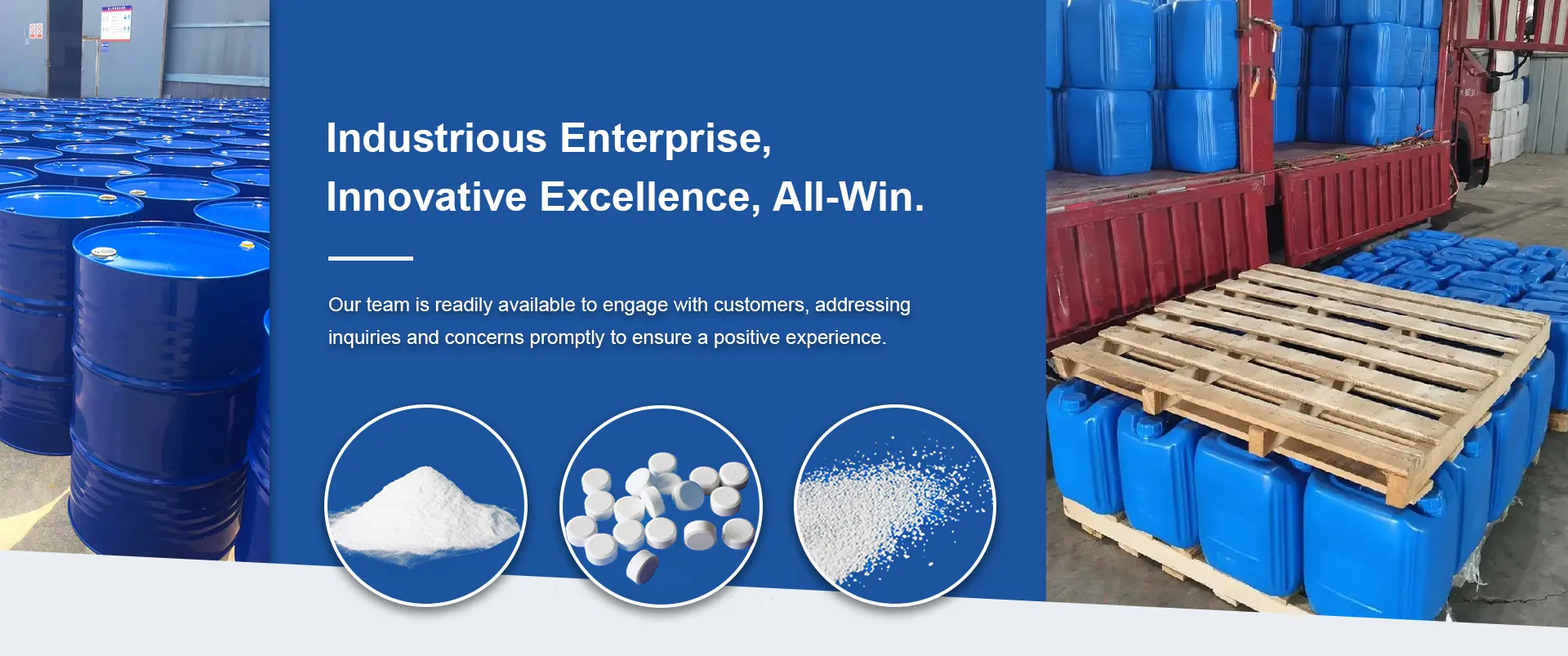
Exploring the Role of Potassium Chloride as a Food Additive in Modern Cuisine
The Role of Potassium Chloride as a Food Additive
Potassium chloride (KCl) is a widely utilized food additive that serves various functions in the culinary and food industry. As a chemical compound consisting of potassium and chloride ions, it often acts as a substitute for table salt (sodium chloride) while providing several health benefits and functional properties that are pivotal in food processing.
Health Benefits
One of the primary motivations for using potassium chloride in food products is its ability to create a flavor that mimics sodium chloride without the associated health risks of excessive sodium consumption. High sodium intake is linked to hypertension and other cardiovascular diseases, making potassium chloride a more health-conscious alternative. Potassium is an essential mineral that helps maintain proper muscle function, nerve conduction, and fluid balance in the body. By reducing sodium levels while increasing potassium intake, potassium chloride can contribute to healthier eating practices.
Flavor Enhancer
Potassium chloride is commonly used as a flavor enhancer in a variety of food products. It provides a salty flavor that can complement the taste of foods, enhancing the overall eating experience without the extra sodium content. It can be particularly beneficial for individuals on low-sodium diets, as it offers a way to enjoy flavorful food while adhering to dietary restrictions. Its ability to improve flavor makes it popular in seasonings, snacks, and processed foods, such as soups and sauces.
Food Preservation
potassium chloride food additive

In addition to its flavor-enhancing properties, potassium chloride also plays a critical role in food preservation. Like table salt, potassium chloride can inhibit the growth of bacteria, yeasts, and molds, thus extending the shelf life of various products. This antimicrobial property is especially important in the production of cured meats, pickles, and other preserved foods. Using potassium chloride not only helps maintain food safety but can also ensure that products remain palatable for an extended period.
Functional Properties
Aside from its flavor and preservation benefits, potassium chloride contributes to the functional characteristics of food products. It can improve the texture and stability of certain foods, helping to create desirable mouthfeel and consistency. In baked goods, potassium chloride can enhance dough elasticity and promote a better rise during the baking process. Additionally, it can be utilized in dairy products to balance flavor and improve solubility in applications like yogurt and cheese.
Regulatory Approval and Safety
Potassium chloride is recognized as safe when used within established limits, and it has been approved for use as a food additive by numerous health organizations, including the U.S. Food and Drug Administration (FDA) and the European Food Safety Authority (EFSA). However, it is important to recognize that excessive intake of potassium can lead to hyperkalemia, a condition characterized by elevated potassium levels in the blood. Individuals with kidney problems or those taking certain medications should consult healthcare professionals before significantly increasing their potassium intake.
Conclusion
In summary, potassium chloride serves as a versatile food additive that improves flavor, contributes to food preservation, and enhances the functional properties of various products. Its role as a low-sodium alternative makes it particularly attractive in the modern culinary landscape, where health and wellness are prioritized. As consumers become more health-conscious, the demand for alternatives like potassium chloride will likely continue to grow, promoting a future of delicious yet nutritious food options. As with any additive, moderation and awareness are key to enjoying the benefits of potassium chloride while ensuring overall health.
-
nitrile-rubber-honoring-strict-production-standardsNewsAug.22,2025
-
aspartame-ingredients-honoring-food-safety-valuesNewsAug.22,2025
-
fertilizer-for-balanced-plant-nutritionNewsAug.22,2025
-
cyanide-gold-processing-with-high-purity-additivesNewsAug.22,2025
-
formic-acid-in-textile-dyeing-applicationsNewsAug.22,2025
-
aluminum-hydroxide-gel-in-skincare-productsNewsAug.22,2025
-
Regulatory Compliance for Global Mining Chemicals UseNewsAug.12,2025
Hebei Tenger Chemical Technology Co., Ltd. focuses on the chemical industry and is committed to the export service of chemical raw materials.
-

view more DiethanolisopropanolamineIn the ever-growing field of chemical solutions, diethanolisopropanolamine (DEIPA) stands out as a versatile and important compound. Due to its unique chemical structure and properties, DEIPA is of interest to various industries including construction, personal care, and agriculture. -

view more TriisopropanolamineTriisopropanolamine (TIPA) alkanol amine substance, is a kind of alcohol amine compound with amino and alcohol hydroxyl, and because of its molecules contains both amino and hydroxyl. -

view more Tetramethyl Thiuram DisulfideTetramethyl thiuram disulfide, also known as TMTD, is a white to light-yellow powder with a distinct sulfur-like odor. It is soluble in organic solvents such as benzene, acetone, and ethyl acetate, making it highly versatile for use in different formulations. TMTD is known for its excellent vulcanization acceleration properties, which makes it a key ingredient in the production of rubber products. Additionally, it acts as an effective fungicide and bactericide, making it valuable in agricultural applications. Its high purity and stability ensure consistent performance, making it a preferred choice for manufacturers across various industries.





